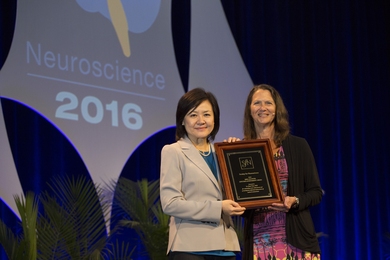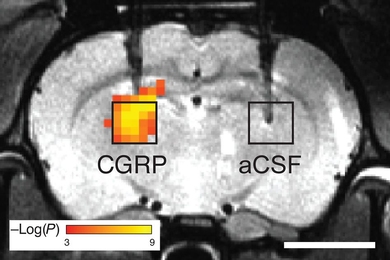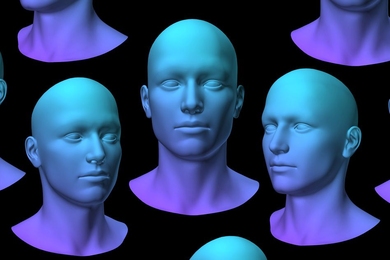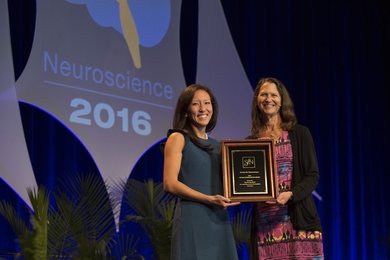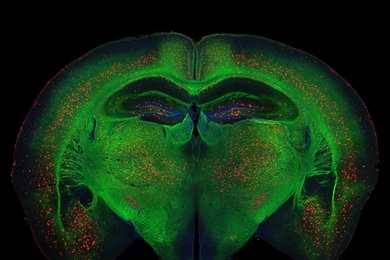McGovern Institute awards 2017 Scolnick Prize to Catherine Dulac
Neurobiologist honored for her work on how pheromones control brain function and behavior.
Sensor traces dopamine released by single cells
New technology could help neuroscientists understand how dopamine influences brain activity.
Feng Zhang named James and Patricia Poitras Professor in Neuroscience
CRISPR pioneer named to inaugural chair created by Patricia and James Poitras '63, founders of MIT’s Poitras Center for Affective Disorders Research.
A glimpse into the workings of the baby brain
MRI scans reveal surprising similarities in activity patterns of infant and adult visual cortex.
Interstellate: Celebrating the the beauty of neuroscience
Caitlin Vander Weele, a graduate student in brain and cognitive sciences, launches a collaborative neuro-art pictorial magazine.
Model sheds light on purpose of inhibitory neurons
Study suggests computational role for neurons that prevent other neurons from firing.
How the brain perceives rhythm
Study finds the brain is biased toward rhythms based on simple integer ratios.
Unique visual stimulation may be new treatment for Alzheimer’s
Noninvasive technique reduces beta amyloid plaques in mouse models of Alzheimer’s disease.
Li-Huei Tsai receives Society for Neuroscience Mika Salpeter Lifetime Achievement Award
Picower Institute director awarded for her research on brain development, neurological disorders, and Alzheimer’s disease.
A radiation-free approach to imaging molecules in the brain
New probe induces blood flow changes that can be seen by MRI.
How the brain recognizes faces
Machine-learning system spontaneously reproduces aspects of human neurology.
Lauren Uhr: a brain researcher motivated by personal experience
MIT senior studies cognitive science and medicine from the vantage point of a person with dyslexia.
Kay Tye Receives the Society for Neuroscience Young Investigator Award
Picower Neuroscientist recognized for her work on emotional circuitry of the brain.
Creating therapies for Alzheimer's disease by targeting neural circuits
Study finds a complex series of molecular, cellular, circuit and network-level changes contribute to the progression of Alzheimer's.
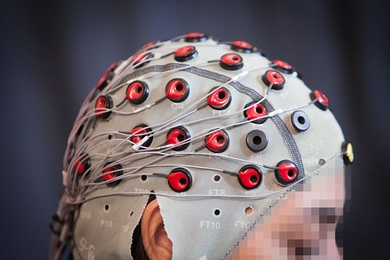
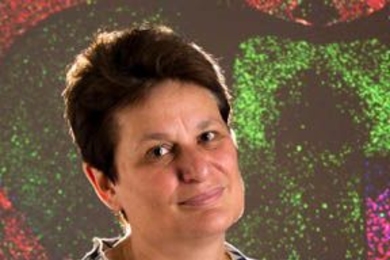
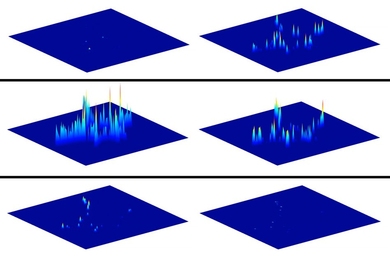
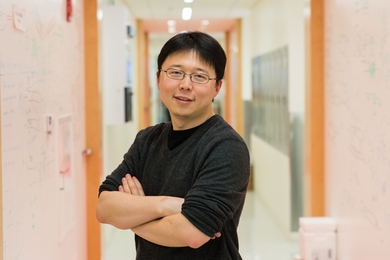
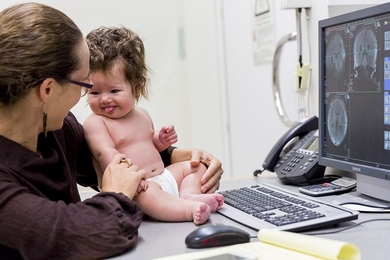
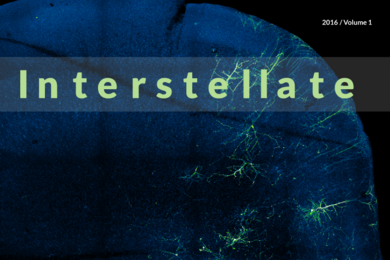
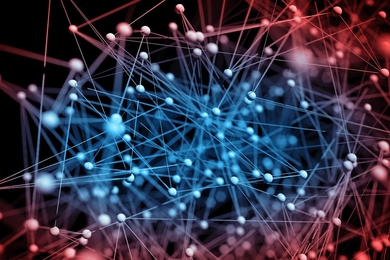
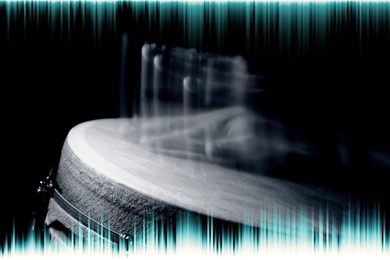
![“…[I]f humans behave similarly to mice in response to this treatment, I would say the potential is just enormous, because it’s so noninvasive, and it’s so accessible,” says Li-Huei Tsai, the Picower Professor of Neuroscience, when describing a new treatment for Alzheimer’s disease.](/sites/default/files/styles/term_page__news_article/public/images/201612/MIT-li-huei-tsai.jpg?itok=eVlLbwfP)
